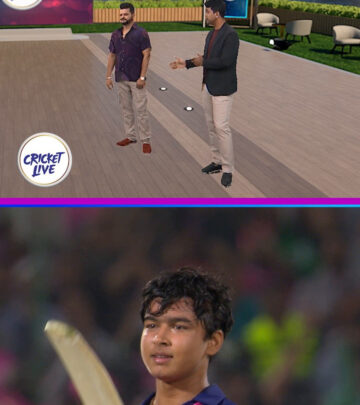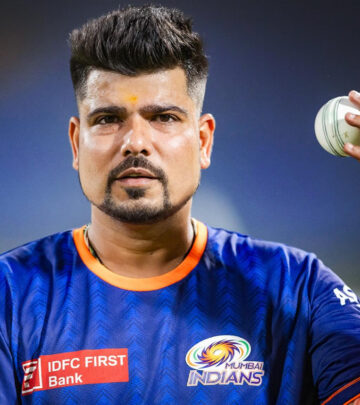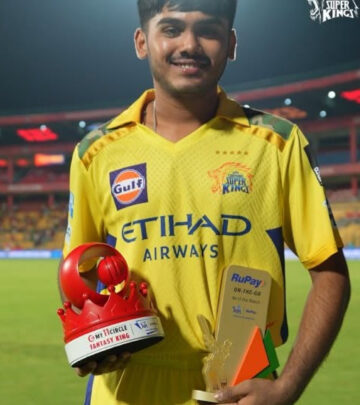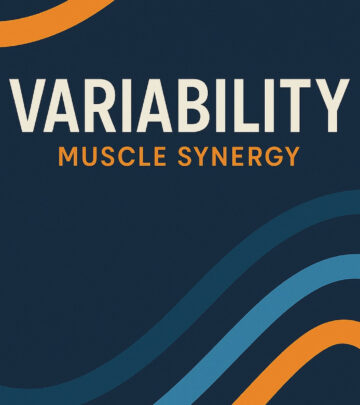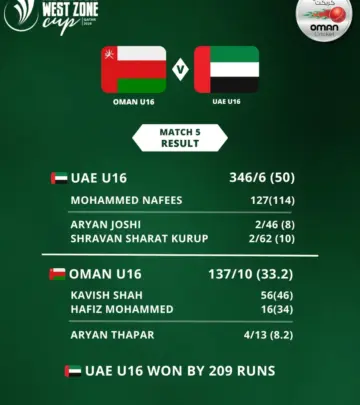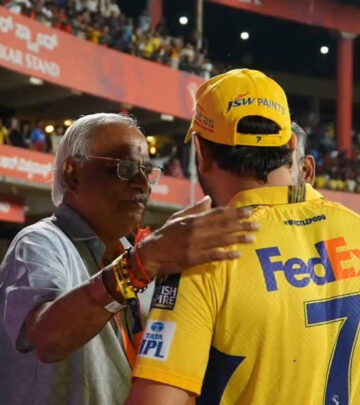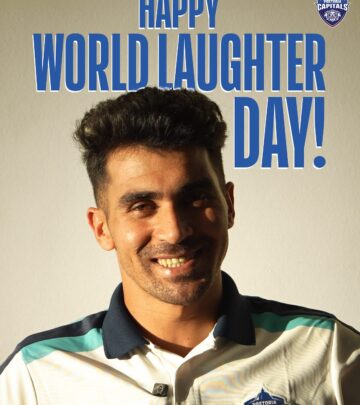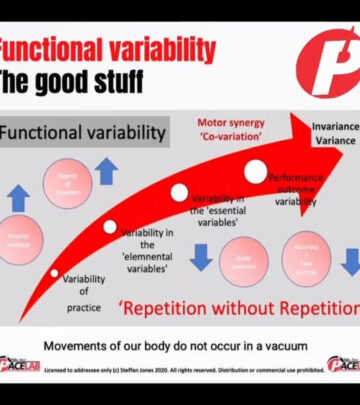Variability Over Repetition In Fast Bowling Training
Steffan Jones & PaceLab challenge old training myths with modern motor skill insights. NOW
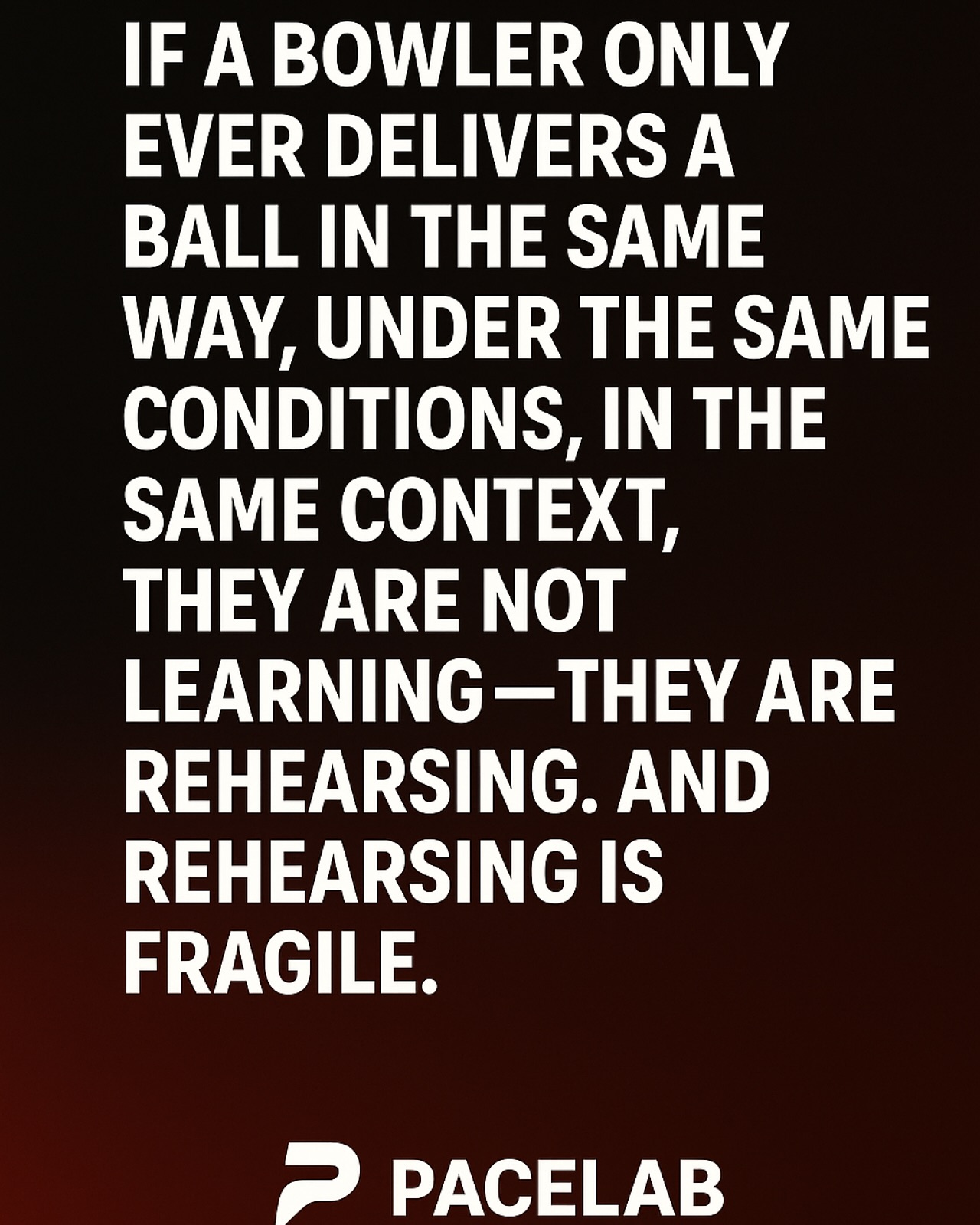
Image: Instagram
In a refreshing twist to conventional coaching wisdom, PaceLab Limited’s latest quote of the day boldly declares that repeating movements in skill-based sports is a myth that can actually hinder motor learning. The message is clear: search variability, not repeatability. This perspective is drawing strong support from renowned coach Steffan Jones, whose work in fast bowling training is challenging outdated methods and setting new benchmarks for performance improvement.
Challenging The Repetition Myth
In a recent Instagram post, PaceLab Limited highlighted that the biggest myth in skill-based sports is the assumption that repetition is key. The post argued that forcing the same movement repeatedly can lead to an illusion of mastery while actually limiting the adaptive capability of athletes. Instead, the focus should shift to variability – training that emphasizes creative adaptation and responsiveness to changing conditions. With fast bowling being one of the sport’s most dynamic disciplines, this innovative approach helps bowlers develop smarter mechanics and better on-field decision-making.
Sports science has long debated the merits of repetition versus variability. Traditional training routines relied heavily on repeatability to hone muscle memory. However, modern research suggests that such methods can stifle motor learning by not allowing athletes to adjust to the varied demands of competitive play. Coaches, including Steffan Jones, are now advocating for training regimes where variability is integrated. They believe that by exposing bowlers to a range of movement patterns and scenarios, athletes can develop a more robust and adaptable skill set.
Pacelab’s Approach To Coaching
PaceLab’s philosophy extends beyond mere rhetoric. Their approach is rooted in a detailed classification system that acknowledges the unique structural and neuromuscular characteristics of each fast bowler. According to published material and past Instagram updates, the PaceLab system differentiates between hip-dominant and knee-dominant bowlers, offering individualized training plans based on coordination, strength, and injury risk. This method is not simply about increasing pace through volume, but about improving the quality of performance through targeted variability.
Drawing from decades of sports science research and modern motor learning theories, PaceLab’s strategy emphasizes that repeatable outcomes do not necessarily require repeatable movements. As one of the related posts indicates, coaches should aim for outcomes that adapt under chaotic match conditions rather than relying on sterile repetition. The idea is to foster an environment where players learn to manage the unpredictability of the game, whether it be subtle changes in pitch conditions or the pressure of high-stakes competitions.
Steffan Jones, whose expertise and innovative coaching style have earned him recognition in the fast bowling community, has been a vocal advocate for this shift. With credentials detailed on his Wikipedia page, Jones supports the notion that variability should be embraced as an integral part of training. His previous posts, such as one showcasing a serious pace gain in just six weeks by adopting a hybrid training method, reinforce this perspective. These results not only highlight the effectiveness of his coaching methods but also underline the growing movement among cricket coaches to rethink long-held training conventions.
Effective Adaptation Over Sterile Repetition
It is now becoming increasingly evident that the world of fast bowling is undergoing a paradigm shift. Traditional drills that focused solely on repetition are giving way to innovative techniques that blend varied practice with deliberate repetition. Coaches now stress the importance of developing the ability to adjust techniques on the fly – a skill that is crucial when facing the unpredictable nature of competitive cricket.
Several recent Instagram posts from PaceLab reiterate the importance of this philosophy. One post urges coaches to look beyond updating mechanics and instead stress repeatable outcomes achieved through effective adaptation. Another post outlines how targeted drills, such as medicine ball throws and rotational exercises, can lead to significant improvements in ball speed. These drills, when executed with maximum intent and proper sequencing, fortify the kinetic chain and encourage a transfer of power that traditional repetitive exercises often fail to deliver.
The scientific rationale is simple: by varying training stimuli, athletes sharpen not only their technical skills but also their cognitive responsiveness. The brain remains engaged in the process, continuously calibrating motor responses based on subtle feedback from each varied drill. This holistic approach ultimately minimizes injury risk and maximizes both performance and longevity in the sport.
In essence, PaceLab and coach Steffan Jones are at the forefront of a movement that is redefining how we approach skill development in sports. By debunking the myth that repetition is the sole pathway to mastery, they invite coaches and players alike to embrace a more dynamic, informed, and flexible training model.
In conclusion, as the debate over repetition versus variability continues, it is clear that modern coaching must account for the complex interplay between muscle memory, motor learning, and the unpredictable nature of competitive sports. PaceLab’s innovative principles, supported by success stories and ongoing scientific research, are reshaping fast bowling training and offering athletes a chance to truly excel. Whether you are a coach looking to modernize your approach or a player eager to enhance your performance, the call to shift from repetitive drills to variability-driven training has never been more compelling.
This evolving perspective is a timely reminder that in today’s game, excellence is defined not by the monotony of repetition but by the ability to adapt and overcome challenges on the field.
Read full bio of Joyce








